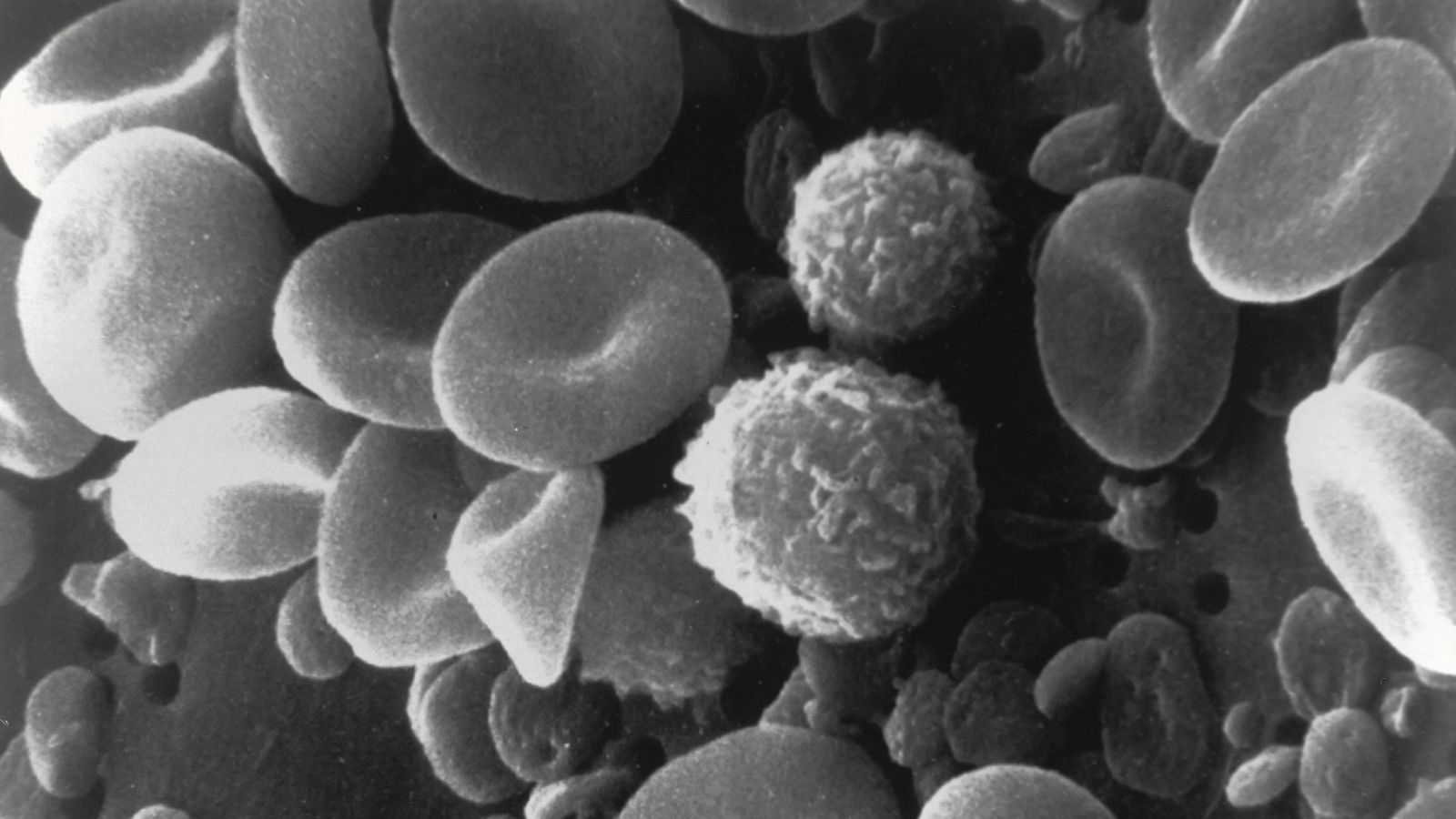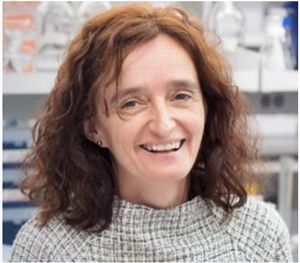
Events /
- This event has passed.
Mechanisms of Malaria Pathogenesis: Anemia and Cerebral Malaria

Hunter College of the City University of New York
Department of Biological Sciences
Spring 2025 Inga Richter Seminar Series
Ana M. Rodriguez, PhD
Department of Microbiology
NYU

Mechanisms of malaria pathogenesis: anemia and cerebral malaria
Malaria is a devastating disease that causes more than 400,000 deaths per year, mainly among African children. Despite many efforts to control the disease with anti-malarial drugs and insecticides to eliminate mosquito vectors, the appearance of resistant populations of parasites and mosquitoes respectively have impaired the efficacy of these approaches. There is an urgent need for new strategies to control malaria, but there is a lack of detailed knowledge of the basic biological processes of Plasmodium that would allow faster development of anti-malaria drugs and vaccines. A main interest of our laboratory is the study of malaria-induced inflammatory pathology. We have found that Plasmodium synergizes with oxidative stress to activate the inflammasome and the production of cytokines. This novel pathway that regulates anti-malaria inflammatory response opens the possibility of new exciting approaches to control disease pathology and death. We also study cerebral malaria, a complication of severe malaria that frequently leads to coma and death. During cerebral malaria, erythrocytes infected with Plasmodium falciparum bind to endothelial cells in the brain blocking normal circulation. We have observed that infected erythrocytes induce the rupture of interendothelial cell junctions and detachment of endothelial cells. Our work is focused on the inhibition of this process, with the aim to find inhibitors that would preserve the integrity of the endothelium during cerebral malaria and would allow the development of a specific treatment against cerebral malaria
- Hunter North Building, Room 926
-
East 68th Street and Lexington Avenue
New York, NY 10065 United States

